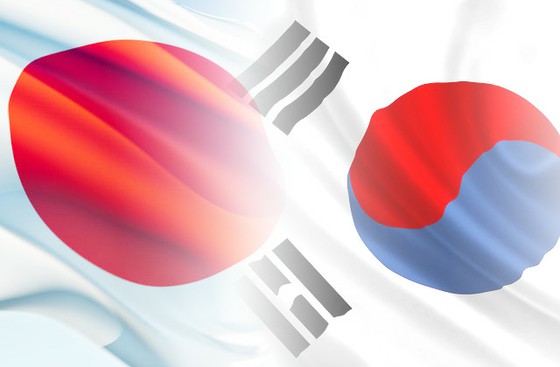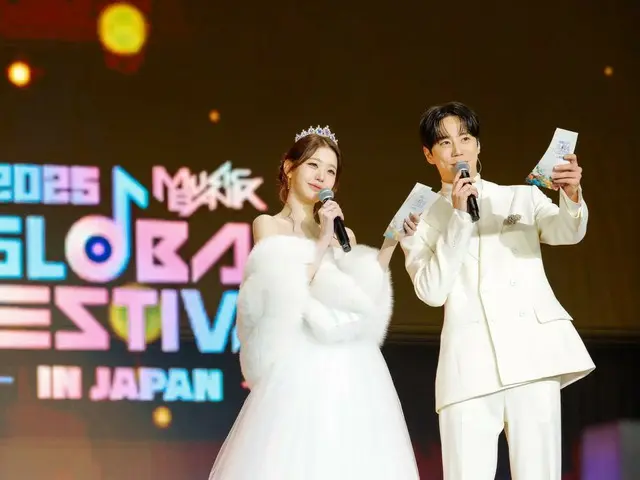 |
South Korea's Ministry of Foreign Affairs Minister Park Jin announced a solution at a press conference on the 6th of this month over the former forced labor lawsuit, which is the biggest pending issue between Japan and South Korea. It officially announced that a foundation under the South Korean government would take over the compensation of a Japanese company that lost a lawsuit at the South Korean Supreme Court.
At a press conference, Minister Park announced the solution, saying that Japan-South Korea cooperation is extremely important in all areas, including the economy and security. We should break the circle of "I hope that Japan will work together to overcome the unfortunate history of the past and develop a future-oriented relationship based on reconciliation, good-neighborly friendship and cooperation," he said.
In response to the South Korean government's announcement of a solution, the Korean Federation of Business Federations (Federation of Business Federations) said, "We have been discussing various plans with Nippon Keidanren (Japan Business Federation) to develop future-oriented relations between Korea and Japan. With the South Korean and Japanese governments reaching an agreement on the issue of forced labor, we plan to start more concrete discussions." Masakazu Tokura, chairman of Keidanren, said, "This is a big step toward improving Japan-South Korea relations, and Keidanren also appreciates it."
In response to South Korea's presentation of a solution, final arrangements are underway for President Yoon to visit Japan on the 16th and 17th of this month and hold a summit meeting with Prime Minister Kishida.
Yonhap News reported that Mr. Yoon will be accompanied by an economic mission consisting of top executives from South Korea's economic organizations and 10 major corporate groups. According to Yonhap, the delegation included Lotte Group Chairman Shin Dong-bin (Japanese name: Akio Shigemitsu), Korea-Japan Economic Association Chairman Kim Yoon (Chairman of Samyang Holdings), and Cho of the Federation of Korean Industries (Federation of Businesses).・There is a high possibility that vice-chairman Hyun-joon (chairman of Hyosung Group) will join the group. On the other hand, the top executives of Samsung, SK, Hyundai Motor, and LG, the four major groups that have withdrawn from the federation, are expected to be separately requested to participate.
Economic cooperation between Japan and South Korea has weakened since the Japanese government imposed export restrictions on South Korea in 2019. In July of the same year, the Shinzo Abe administration tightened export controls on three items of semiconductor materials destined for South Korea, and in August, South Korea was excluded from the "Group A (former white countries)" to which preferential trade measures were applied. Cabinet decided to revise the ordinance. There is also a view that it was a de facto countermeasure to the Moon Jae-in administration's lack of concrete response to the former forced labor issue. However, the Japanese government has consistently explained that the measures taken to properly implement export controls from a security perspective have nothing to do with the former forced labor issue.
The three items for which the Japanese government has tightened export controls are hydrogen fluoride, polyimide fluoride, and resin. It is the material that holds the
In South Korea, anti-Japanese sentiment rose as a result of this action by Japan, and the relationship between Japan and South Korea deteriorated to the extent that it was said to be "the worst since the war." There was also a large-scale boycott of Japanese products by Korean consumers.
While the South Korean government has announced a solution to the former forced labor lawsuit, the Japanese government announced on the 6th that it will promptly begin bilateral talks to lift the measures.
As the momentum for the "thaw" between Japan and South Korea increases, the business world is also accelerating moves toward rebuilding economic cooperation between the two countries. is. In addition, in connection with the former forced labor lawsuit, the Federation of Economic Organizations in South Korea and the Federation of Economic Organizations in Japan are considering establishing a fund to support exchanges between the youth of the two countries.
2023/03/20 13:27 KST

![[Official Report] The first K-POP event to be held at the National Stadium! "2025 MUSIC BANK GLOBAL FESTIVAL IN
25 amazing artists gather at "Festival JAPAN" - A report from the first two days of excitement! (December 14th (Sunday) Report)](/img/topic/30/150353/302408_640W.webp)
